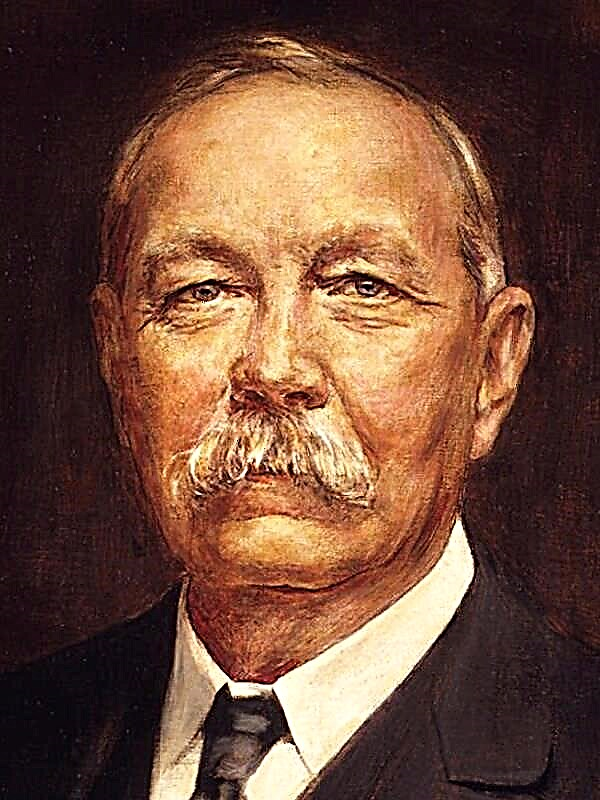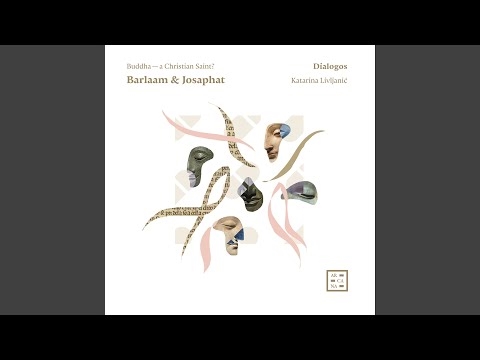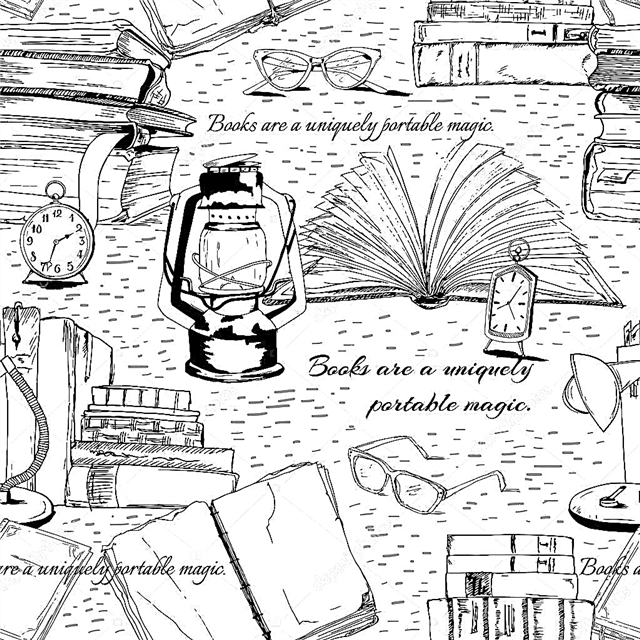In 1552, at the behest of Kazan Queen Empress Sumbeki, rivers of Christian blood flow. But these disasters are hidden from the eyes of the young king John IV, who, seduced by amusements, does not heed the advice to stop the atrocities of the Horde. Defeated by the flattery of the courtiers, the bitter truth would have remained unknown to the monarch if he had not had an ancestor in his dream and, recalling the ruler’s responsibility to God and people, would not have called for John to save the fatherland from evil. The embarrassed king, trying to find support, calls for his friend Adashev, who convinces John to pray in the church founded by the Monk Sergius of Radonezh. The king’s fiery prayer reaches heaven, where the Creator measured the fate of two kingdoms: the Russian crown will rise - the Horde will end. The priest, filled with the Holy Spirit, tells the king about this.
Inspired by prophecy, John convenes the boyars and asks them for advice: to go to war against the infidels or not. Most are eager to defend the gracious fatherland, and John, despite the machinations of his flatterers, decides to go camping immediately. Even the wife’s prayers cannot stop him, because first of all the tsar is obliged to serve Russia and think not about his own, but about the common good. The Russian army is going to the battlefield.
Meanwhile, Sumbek, not heeding the formidable visions that prophesy the fall of Kazan, thinks only of love affairs: she is in love with Prince Osman and does not even want to marry anyone else to save the state. Osman does not reciprocate with her, which almost leads the queen to suicide. But the inner voice stops her in time, advising her to seek solace on her husband’s grave.
The wife’s tears defeat the late king to rise from the grave. He predicts Kazan peace if only the tsarina chooses Alea, the king of Sviazh, as her husband. But, having penetrated the mystery of the future and seeing the victory of Christianity over Islam, he asks Sumbek to burn the tombs of the Kazan kings in order to let their souls go to hell and avoid the shame of overshadowing the cross.
Fulfilling the request of her husband, shocked Sumbeka falls asleep. Here she is found by Alei, who drank water from an enchanted spring, which is why he lost his will and, wounded by Eros, from a brave warrior turned into a submissive slave of the queen. Alei is seduced by the insidious speeches of Sumbeka, who, remembering the prediction, does everything to seduce him. Having almost forgotten about Russia, Alei hopes to share the throne with the queen and, pacifying the rebellious Horde, to establish a general peace. The king does not notice the deceit hidden by affection: Osman still dominates the heart of Sumbeki, whom the jealous queen ordered to imprison. Having learned about this, the treacherous nobleman Sargun inclines the prince to pretend to be in love with Sumbek in order to avoid punishment, eliminate Aleia and save the Horde from conquering Russia. Sargun achieves his goal: Sumbek and Osman persuade to exterminate the king.
Meanwhile, the Russian army reaches Kolomna. Suddenly terrible news comes: the Crimean Khan Iskanar devastated Ryazan and approached Tula. John already decides to send an army there, but the appearance of the Divine Sophia stops him. Having heeded her advice, the king sends Prince Kurbsky to fight with the khan. The brave prince overcomes Iskanar - the enemies take flight.
The rumor of victory extends to the very borders of the Russian state. Everything portends a successful end to the campaign. But suddenly, an old man advises John not to rush, otherwise his soldiers will be forced to fight not with people, but with four hostile elements. And seeing that the king does not heed the warning, gives him a magic shield, the surface of which will darken as soon as the mind of the owner is darkened by sinful thoughts. The campaign of the Russians, bringing the victory of the Orthodox faith, enrages atheism, which invites all pagan gods to destroy John by raising the forces of nature against him. The Volga becomes a fatal abyss for Russian ships. Pedestrian shelves suffer from unbearable heat, carrying hunger and thirst. The king suffers deprivation along with ordinary soldiers, giving the wounded his water and food.
One night, John, saddened by the fate of the troops, departs quite far from the camp. There he sees a vision that tries to make the king renounce faith and the fatherland, tempting with power and wealth. John hesitates, but at the same moment he sees that his shield has darkened, and finds the strength to fight back. Enraged atheism, departing, predicts a terrible future for the king: he will become a tyrant and a murderer. John trembles, but suddenly sees in front of him ... Alley. He begs the king to trust him and, having received consent, escorts him to a certain pious hermit. Along the way, Alei tells that Sumbeka tried to kill him and only thanks to the faithfulness of a friend did he manage to escape and escape from Kazan - and soon he met a hermit who sent him to John.
The hermit turns out to be the same old man who presented the king with a magic shield. John, saddened by the prediction of Atheism, asks him to discover the truth about the future, saying that he wants to retire to the desert, because the hermit is happier than the monarch. The elder explains to the tsar the futility of such a desire, for fate is destined for him to bear the burden of the crown. The wise hermit advises not to forget the threat and, punishing: “If you want to be sparing, be a true Tsar”, leads John to the top of a wonderful mountain, to the temple of prophecy, where he sees the fate of Russia until the new golden age - the reign of Catherine II.
When the king, along with Alei, who has become his faithful friend, returns, the heat subsides, and the regiments continue on their way. The strength of the army is growing: more and more peoples are flocking to the Russian banners, and the fleet has safely reached Sviyazhsk. But the peace-loving John first decides to send ambassadors to Kazan with a proposal for peace.
At first, the Kazan citizens themselves longed for reconciliation, hoping for the help of Alei. But Godlessness sends to the city of Discord. Sagrun, himself dreaming of a throne, convinced Sumbek to kill Alei and rebelled the people against him. Aleya manages to escape, and the anger of the crowd turns to his friend Girey, who was nearly executed, but Astalon, one of the contenders for Sumbeki’s hand, frees Girey, kills his rival Osman and demands the queen to be his wife. Sagrun, seeing that Kazan is afraid of Astalon, tries to kill him and dies with him. Frightened by a terrible foreknowledge, the city residents decide to deceive John, and, having depicted humility, give Sumbek to the Russian ambassadors allegedly as a guarantee of peace.
The suffering caused by the death of a loved one and exile, changed the former queen. Arriving at John with her son and Girei, she renounces the past and wants to be baptized. Her attitude towards Alei also changed: she sincerely fell in love with him. Alei, without losing his former feelings for her, nevertheless prefers war to matrimony: he wants to avenge the suffering of Girey. Generous John accepts Sumbeka as a sister and soon sends him to Moscow.
Three days later, Russian soldiers reach the walls of Kazan. Suddenly, without warning, the Horde attack: a bloody slash begins. The Russians manage to drive the enemies back into the city. However, at night, four powerful knights, including the beautiful Persian woman Ramida, having destroyed the guard detachment, almost fall into the Russian camp. Prince Paletsky manages to injure Ramida. But, having rushed in pursuit of the knights who carried her away from the battlefield, he is captured.
The new Kazan Tsar Ediger, unable to persuade Paletsky to betrayal, orders him executed. However, Hydromir, one of the four knights, stops the ruler and challenges the prince to a duel on the following conditions: if three Russian soldiers defeat the three knights, they will leave the battle, and if not, they will destroy the entire Moscow clan. In a duel, Kurbsky wounds Mirced, and Ramida, breaking the conditions, rushes to help her lover. Then both troops enter the battle. Kurbsky was wounded, and Russian soldiers, seized with a thirst for revenge, at the cost of huge losses force the Tatars to retreat under the protection of the city walls.
Kazan’s attacks can be repelled, but for a successful assault, the Russians begin to undermine in order to destroy the city by blowing it up from the inside. The river, which supplied the city with water, dries up as a result of undermining. And this is not the only calamity that befell Kazan: the knights, blinded by love for Ramida and jealousy, kill each other, and the Persian commits suicide. Then the powerful magician, the father of Ramida, decides to exterminate the Russians himself. His witchcraft, he calls for help the fierce Winter with its snows and whirlwinds. But the sacred banner of the Savior tames the fierce Borean.
The inspired army of John rushes to the assault. Holy Signs portend a quick victory. Kazan is preparing for defense, but an explosion is heard, and the walls of the city are turning into ruins. The Russians, led by Kurbsky and Aley, enter the city. The distraught Horde begin to kill each other and those who are trying to stop the massacre. Survivors hit Russians with arrows and fire. But most of the city has already been taken: Kurbsky and Alei multiply victories, and Kazan Tsar Ediger with his beautiful wives “disappeared into the idol”. And here the Russian soldiers are overcome not by weapons, but by greed: having forgotten about everything, they begin to rob Kazan. John is in despair. He is ready to punish them, but the Shame sent down by Providence stops the looters.
There is only one step left to victory. The battle moves to the royal court. Ediger’s bodyguards cannot hold back the onslaught and rush off the city wall. The Kazan tsar, upon seeing that the war was lost, resorted to deceit: he sent the most beautiful girls to the Russians in order to seduce them with love. The trick fails. But when Ediger, desperate, tries to commit suicide, the heavenly Spirit appears to him. The shocked king accepts Christianity and becomes a subject of John. Rebellious Kazan, kneeling, emits one last breath.
Victory! Vera rejoices, Atheism is shamed, and the whole world, filled with divine joy, glorifies the glorious deeds of the Russians. "The man crowned Russia has exalted, / It has since begun to blossom in glory."

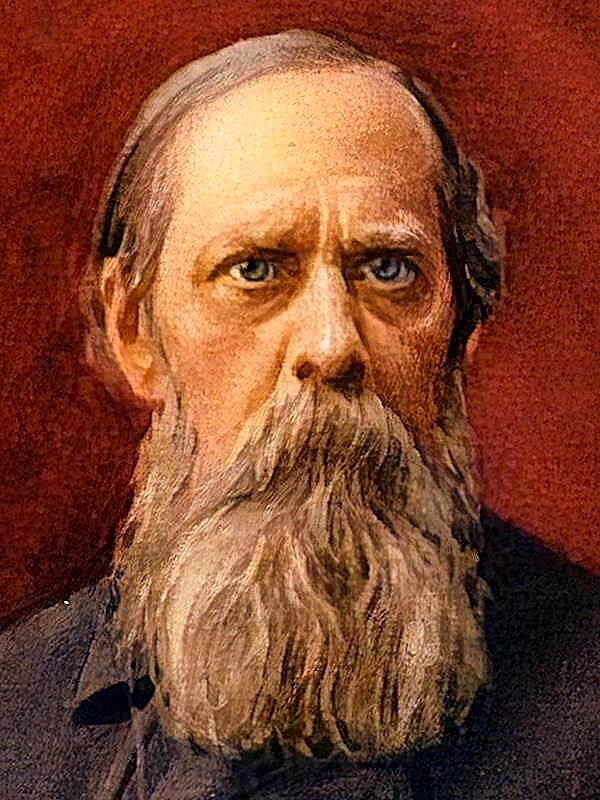
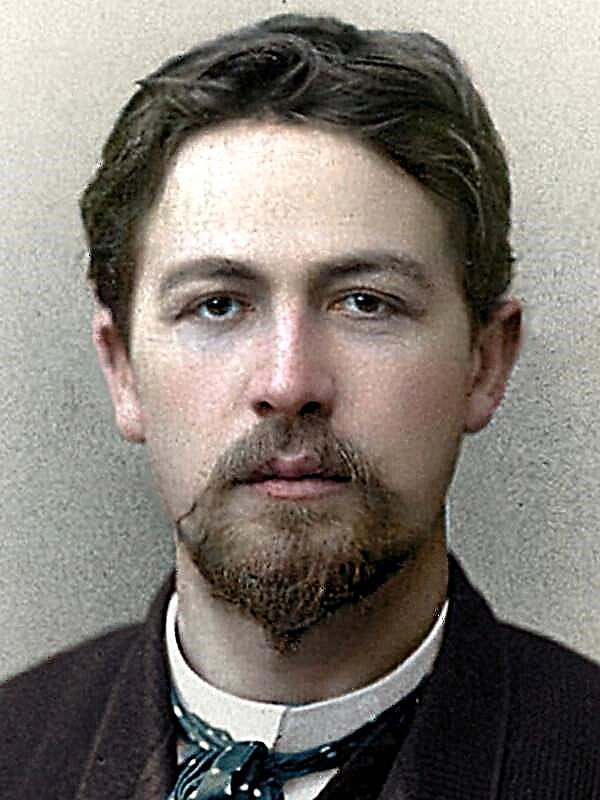
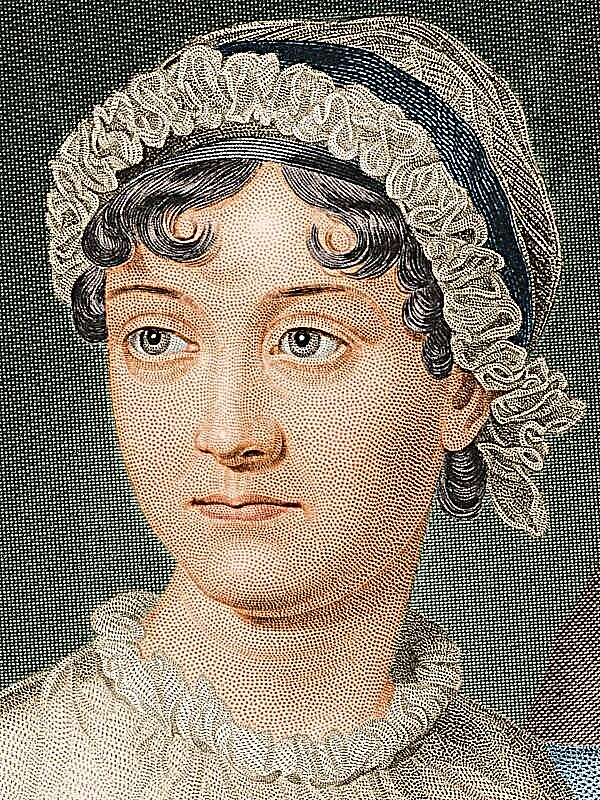
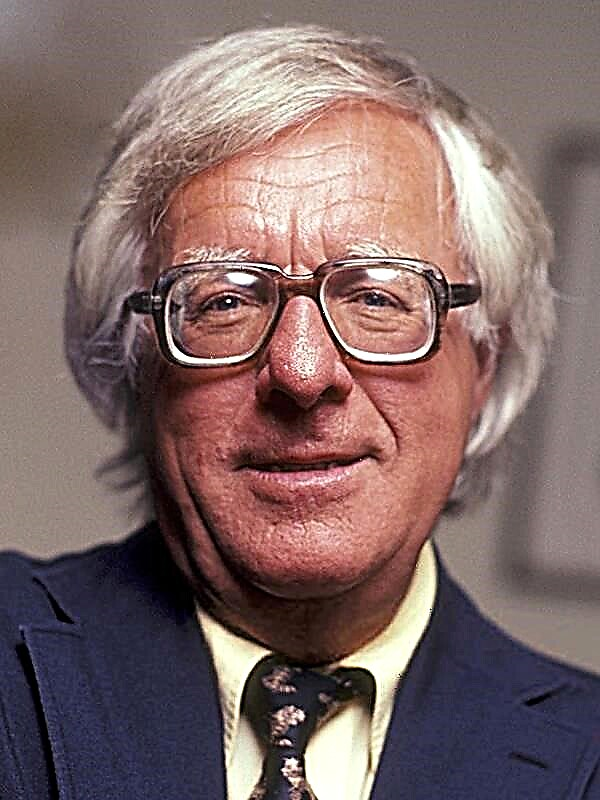

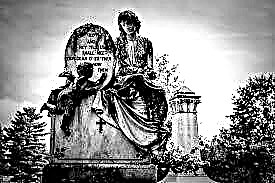
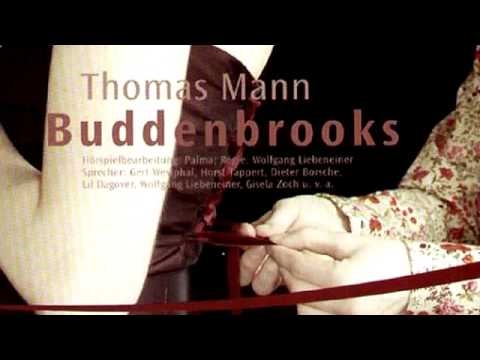 Buddenbrooks
Buddenbrooks